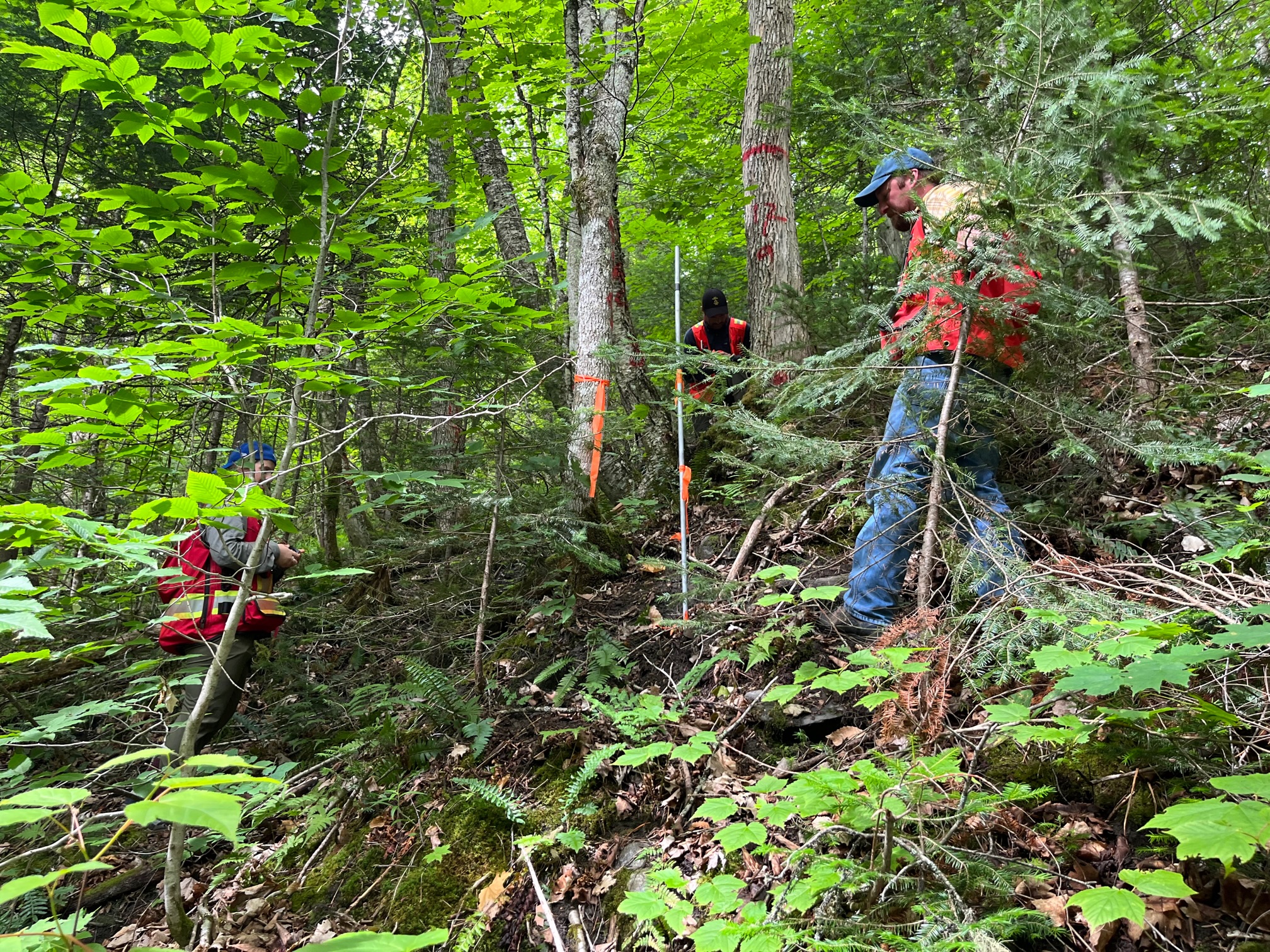This website uses cookies so that we can provide you with the best user experience possible. Cookie information is stored in your browser and performs functions such as recognising you when you return to our website and helping our team to understand which sections of the website you find most interesting and useful.
ACR Ups the Ante for Rigor and Transparency with Updates to its Improved Forest Management Methodology

LITTLE ROCK, 13 July 2022 — The American Carbon Registry (ACR) has published an updated version of its Methodology for Improved Forest Management (IFM) on Non-Federal U.S. Forestlands, strengthening rigor and clarity, and further ensuring the methodology delivers real climate benefits, both now and over the long-term.
“ACR’s IFM methodology v2.0 combines more than 12 years of practical project implementation experience with the latest in carbon market innovation. It is based on forest economics and rooted in science, verifiability, and transparency. As the forest carbon market continues to expand in the U.S., incorporating more kinds of landowners than ever before, it is important that our methodology keep pace with these developments to ensure the scientific rigor of climate impacts,” said Mary Grady, Executive Director of ACR.
IFM projects attach a financial value to the carbon sequestration benefits of forests, allowing landowners to meet or supplement their revenue goals while achieving a higher standard of sustainable forest management. They incentivize landowners to forgo intensive harvesting or selling off timberlands, and instead allow forestland owners to monetize the value of carbon sequestration. IFM offers an immediate, scalable, and cost-effective strategy to mitigate climate change now, as the economy transitions toward net-zero by mid-century.
The ACR IFM methodology was originally published in 2011 and is now in its fourth iteration. Over 100 projects have enrolled under the ACR IFM methodology resulting in the issuance to date of 10 million tonnes of CO2e emission reductions and removals, equivalent to offsetting the emissions of approximately 200,000 passenger vehicles each year.
“With more than 3 million acres of U.S. forestland enrolled in the ACR IFM program, and another 4 million acres of forest carbon offset projects overseen by ACR as an approved Offset Project Registry for the State of California’s cap-and-trade program, ACR’s expertise comes from experience. This is a critical decade for climate action. Carbon markets are evolving, and ACR continues to refine our approaches to set the highest bar for carbon offset quality. Our portfolio has achieved incredible impact, and we’re excited for this next chapter in IFM,” said Kurt Krapfl, Director of Forestry at ACR.
Key changes to the new version of the ACR IFM methodology include updates to additionality safeguards; increased reporting requirements; further specificity in project accounting, modeling, and verification; and specific accounting of IFM “removals” credits.
The fully approved methodology, process documentation, and change log can be found here.




